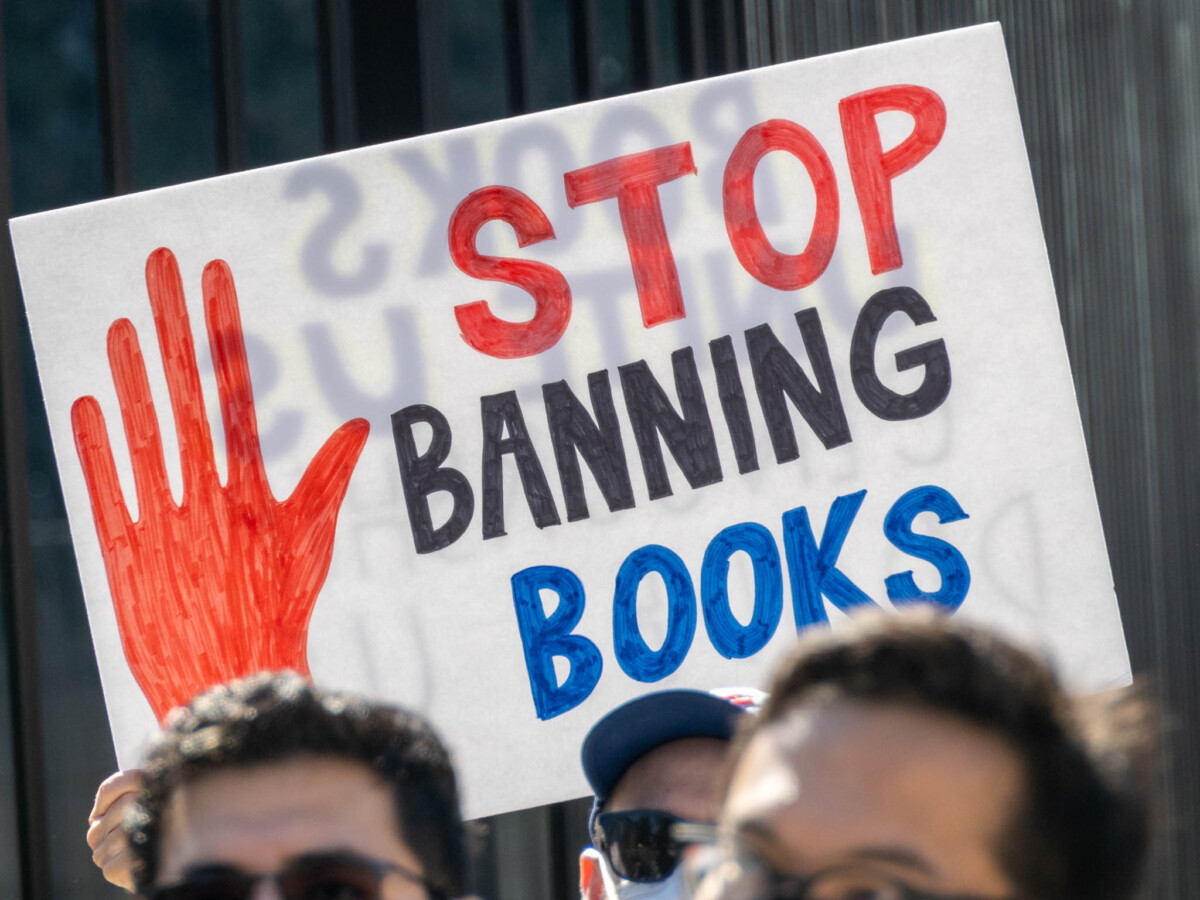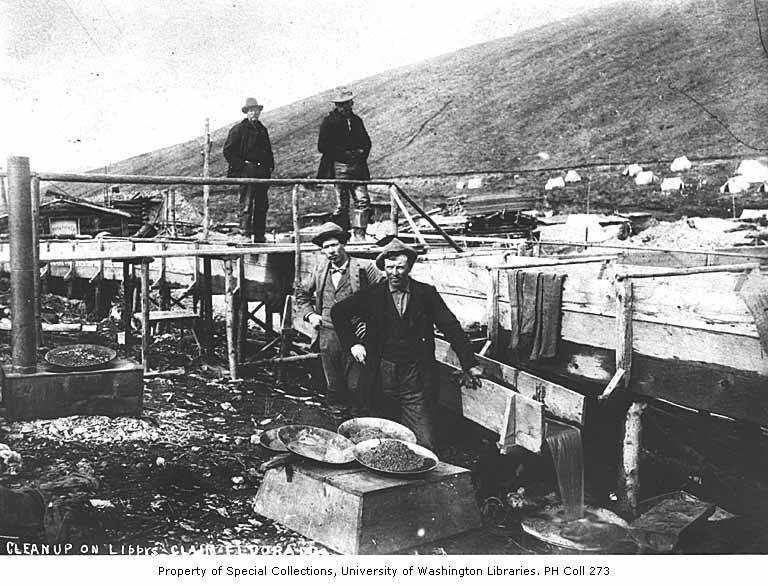In today’s rapidly evolving educational landscape, the topic of banned books often sparks intense debate. At the heart of this controversy are history books that challenge conventional narratives, offering perspectives that some would prefer to keep hidden. These books provide a unique lens on American history, revealing stories and viewpoints that might otherwise remain obscured. Delving into these banned books not only broadens our understanding of history but also encourages critical thinking and open dialogue.
The Power of Narratives

Narratives shape our understanding of the world, and history books are a prime example of this. They tell stories that can either reinforce or challenge our beliefs. When certain books are banned, it’s often because they present narratives that are uncomfortable or inconvenient. These narratives might highlight injustices or offer a voice to those who have been historically marginalized. By reading these banned books, we gain a more comprehensive understanding of the past, seeing it through the eyes of diverse communities and individuals who lived it.
Why Some Books Get Banned

Books are banned for a myriad of reasons, but in the realm of history, it often boils down to control over information. When a book presents information that contradicts the dominant narrative, it can be seen as a threat. For instance, books that delve into the darker aspects of American history, such as racial discrimination or governmental misconduct, often face scrutiny. The intention behind banning such books can be to maintain a particular image or to prevent dissent. However, this act of censorship only serves to stifle the truth.
Uncovering Untold Histories

Many banned history books shed light on stories that have been forgotten or ignored. They delve into the lives of indigenous peoples, immigrants, and other marginalized groups, offering insights into their struggles and triumphs. These books provide a counter-narrative to the often glorified version of history taught in schools. By exploring these untold histories, readers can appreciate the complexities and nuances of the past, recognizing that history is not just a series of events but a tapestry woven from diverse experiences.
The Role of Controversial Authors

Authors who write controversial history books often face backlash for their work. Yet, their courage to challenge existing narratives is commendable. These authors are driven by a desire to uncover the truth and present a more accurate depiction of history. They meticulously research and gather evidence to support their claims, often at great personal and professional risk. Their work is a testament to the importance of free speech and the need for diverse perspectives in historical discourse.
Impact on Education

The banning of history books has significant implications for education. It limits students’ exposure to diverse viewpoints and hinders their ability to think critically. When students are only presented with a single narrative, they miss out on the opportunity to engage with different perspectives. This lack of exposure can lead to a narrow understanding of history and perpetuate stereotypes and misconceptions. By including banned books in the curriculum, educators can foster a more inclusive and well-rounded education.
Public Reactions to Book Bans

Book bans often spark public outrage, leading to debates about censorship and freedom of expression. Many people argue that banning books is a violation of the First Amendment and an affront to intellectual freedom. Others believe that certain books should be restricted to protect societal values. This ongoing debate highlights the tension between preserving cultural norms and promoting free speech. It also underscores the importance of public involvement in discussions about censorship and the role of books in society.
The Role of Libraries

Libraries play a crucial role in providing access to banned books. They serve as bastions of knowledge, offering a wide range of resources for people to explore. Librarians often advocate for the inclusion of banned books, emphasizing the importance of diverse perspectives in education. By making these books available, libraries empower individuals to make informed decisions about what they read and encourage open dialogue about controversial topics. This accessibility is essential for promoting a culture of inquiry and critical thinking.
Challenges Faced by Schools

Schools face numerous challenges when it comes to addressing banned books. They must navigate complex legal and ethical issues while balancing the interests of students, parents, and the community. Teachers may feel pressured to conform to certain standards, which can limit their ability to introduce controversial topics in the classroom. Despite these challenges, many educators strive to create an inclusive learning environment by incorporating diverse materials and encouraging students to explore different viewpoints.
Moving Forward with Open Dialogue

As society continues to evolve, it is crucial to engage in open dialogue about the role of banned books in education. By fostering discussions about controversial topics, we can promote understanding and tolerance. Encouraging students to question and explore different perspectives helps them develop critical thinking skills and become informed citizens. Ultimately, embracing diverse narratives enriches our understanding of history and empowers individuals to contribute to a more inclusive and equitable society.
Encouraging Critical Thinking

Critical thinking is an essential skill that allows individuals to analyze information and make informed decisions. Banned books often challenge conventional thinking, prompting readers to question the status quo. By engaging with these books, individuals can develop a deeper understanding of complex historical issues and consider different perspectives. This process of critical inquiry is vital for personal growth and the development of a more nuanced understanding of history.
The Future of Banned Books

The future of banned books remains uncertain, as debates about censorship and intellectual freedom continue. However, there is hope that society will increasingly recognize the value of diverse narratives and the importance of free expression. By advocating for the inclusion of banned books in education and public discourse, we can promote a more inclusive and informed society. Embracing these books as tools for learning and discussion can help bridge divides and foster a greater appreciation for the complexities of history.







